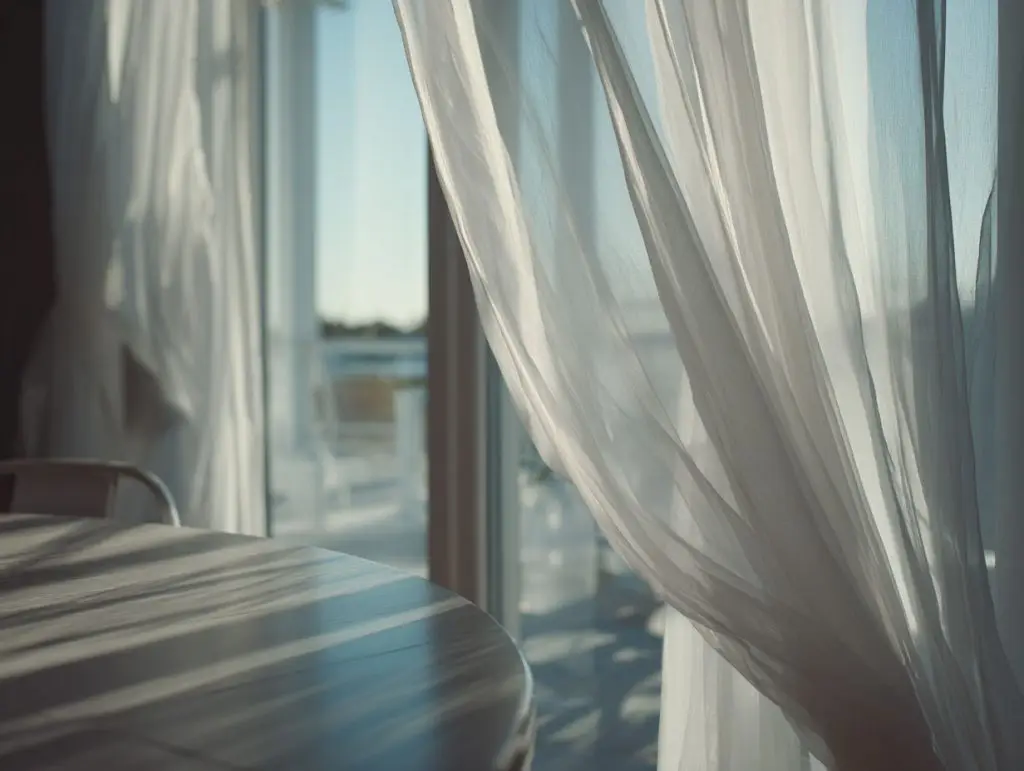
When “Fresh” Started to Feel Heavy
1. The Day My House Smelled Too Clean
I always thought that a home in Destin should smell like something — ocean breeze, lemon spray, or that faint floral scent every candle promises.
But one day, right after a long Saturday clean, I walked in from outside and the smell hit me like a wall.
Not bad — just too much.
Like all the air had been washed but none of it replaced.
That’s when I realized: my house didn’t smell clean.
It smelled trapped.
2. The Hidden Problem
I’d been layering scents on top of problems.
The kitchen had citrus spray, the bathroom had lavender mist, the laundry room smelled like “mountain air,” and somehow it all met in the hallway — where the air felt thick.
In a coastal town like Destin, where humidity carries every molecule longer than it should, I’d created a cloud of my own making.
It wasn’t the house that was stuffy — it was my routine.
3. What I Missed Completely
I had forgotten the simplest truth: freshness isn’t a smell; it’s the absence of one.
I was masking moisture, not managing it.
I was covering air that needed to move, not treating the cause of why it didn’t.
And in Destin, humidity doesn’t ask for permission — it builds up silently in fabrics, drains, and corners.
By the time I noticed the scent, it had already claimed half the house.
4. The Moment I Knew
The turning point came during a Sharky deep clean for a client’s beach condo.
The air there felt completely different — cool, open, neutral.
No candles, no fragrance — just that crisp, barely-there freshness you only notice when it’s missing somewhere else.
One of the Sharky pros said something that stuck:
“If you can smell your cleaning, it’s not working — it’s hiding.”
That line changed everything.
Because for the first time, I understood that clean air wasn’t something I could spray — it was something I had to create.
How I Started Cleaning the Air, Not Perfuming It
I stopped using air fresheners first.
Every single one — gone.
At first, the silence of scent felt strange, almost empty.
Then, about a week later, the air began to feel lighter — the way it does right after a summer rain in Destin, when you can finally breathe again.
That’s when I understood: the air doesn’t need to smell clean, it needs to move.
I started opening windows, even when the humidity was high.
Ten minutes in the morning, ten at night.
I used to think that would just let more moisture in, but it did the opposite — it let the stale air out.
I began noticing a rhythm: when the air circulates, everything else — fabrics, wood, walls — stays drier.
I stopped trapping freshness under fragrance.
Then I changed the order of my cleaning.
Before I wipe a surface, I dry it.
Before I disinfect, I ventilate.
That one change made my house smell neutral for the first time in years.
The bathroom stopped carrying that faint “tropical cleaner” smell, the kitchen felt brighter, and my bedroom smelled like nothing at all — which turned out to be exactly right.
In Destin, humidity and salt turn every scent into a guest that overstays its welcome.
Now, instead of trying to cover smells, I chase what Sharky calls “quiet air.”
The kind that doesn’t call attention to itself, but still feels alive when you walk through it.
I clean my drains with baking soda once a week.
I wipe washing-machine seals dry.
I hang cloths outside instead of leaving them in the laundry basket.
And just like that, the air began to take care of itself.
My home doesn’t have a “signature scent” anymore — it has a feeling.
And when people visit, they don’t say, “It smells nice in here.”
They say, “It feels good in here.”
That’s how I know the air is finally doing what it’s supposed to.
Read also: When I Found Out My Cleaning Tools Were the Dirtiest Thing at Home


